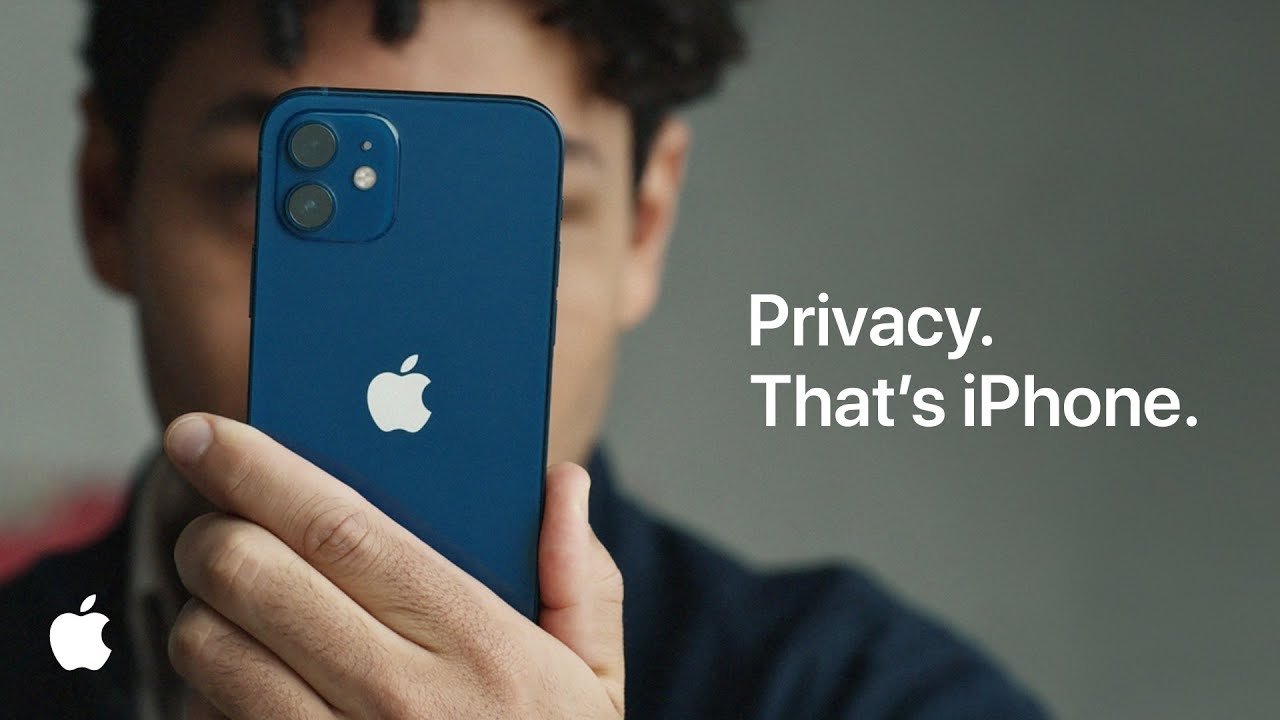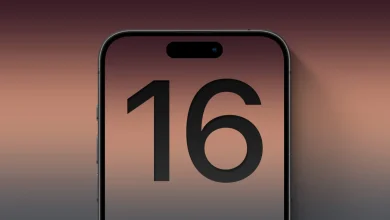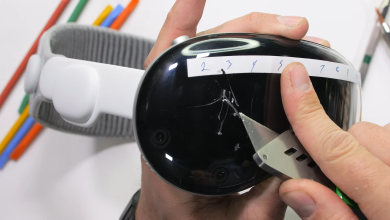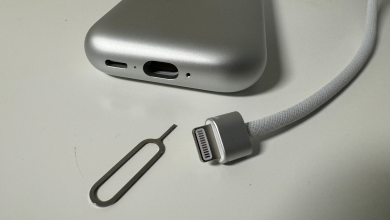Apple’s Claim of “Privacy. That’s iPhone” Might Not Really Be True
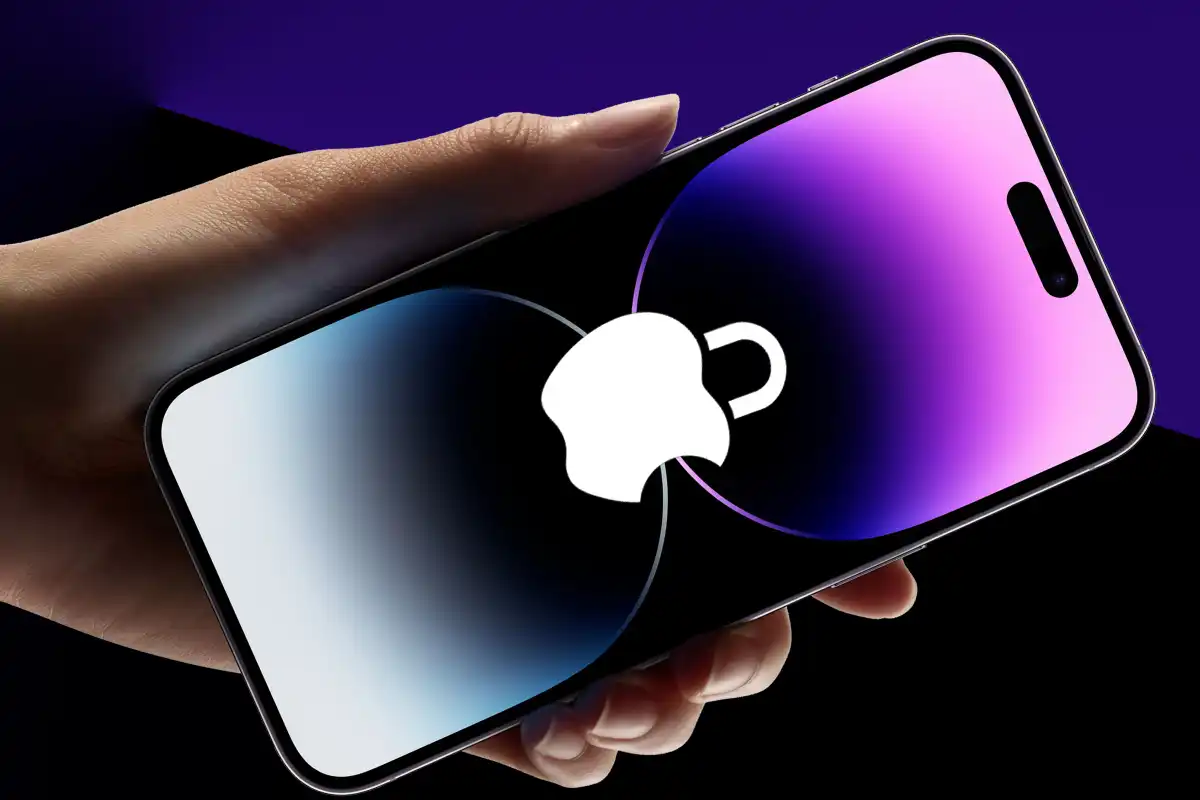
There is a widespread belief that iPhones are among the most secure devices you can purchase, and for the most part, this is accurate. But what if your iPhone was gathering more personal information about you than you thought? Despite specifically vowing not to, Apple was discovered to be collecting personally identifying information in a recent test of how it collects use data from iPhones.
None of the data gathered, according to the privacy statement regulating Apple’s device analytics, “identifies you personally.” However, experts from the software startup Mysk have claimed that an examination of the information provided to Apple reveals it contains a permanent, unalterable ID number called a Directory Services Identifier, or DSID. The tests conducted by Mysk revealed that the DSID is closely linked to your complete name, phone number, birth date, email address, and more since Apple gathers the same ID number along with data for your Apple ID.
https://twitter.com/mysk_co/status/1594515353018957827
Researches from Mysk have claimed that Apple collects this analytical data even when consumers choose not to share it during the setting of their device. It’s unclear if Apple will experience a similar backlash for this new alleged discovery, but previous disclosure swiftly resulted in the corporation being served with a class-action lawsuit in California.
Although Apple has not yet responded to this revelation, the following is very plainly stated on Apple’s legal website describing their analytics collecting:
iPhone Analytics may include details about hardware and operating system specifications, performance statistics, and data about how you use your devices and applications. None of the collected information identifies you personally”.
In some cases, this analytics data includes details about your every move. Mysk’s tests show that analytics for the App Store, for example, includes every single thing you did in real-time, including what you tapped on, which apps you search for, what ads you saw, and how long you looked at a given app and how you found it. You can see the data, which is sent in real-time, in a video on the Mysk YouTube channel.
